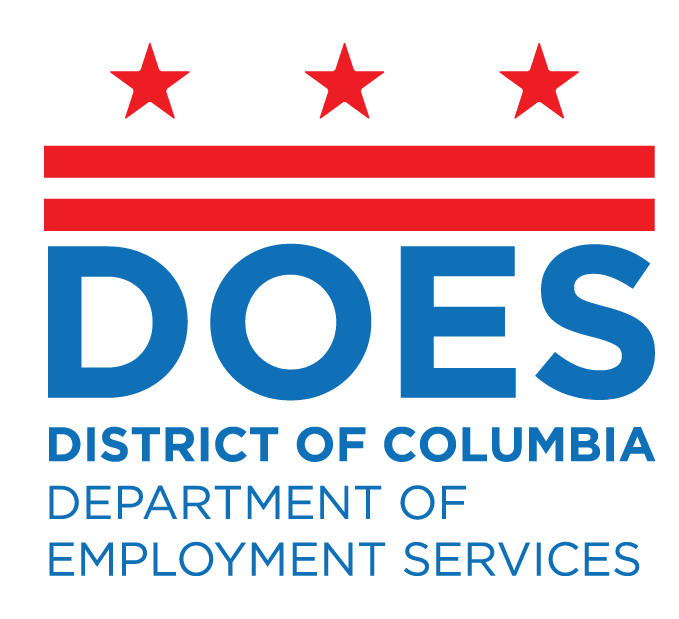(WASHINGTON, DC) – Over the course of the COVID-19 global pandemic unemployment insurance programs across the country faced a dramatic increase in claims. In 2020 alone, the DC Department of Employment Services (DOES) has received over 165,000 individual unemployment insurance claims, more than the previous 5 years combined.
“Unfortunately, in times of crisis bad actors will often attempt to exploit systems for their own gain,” said DOES Director Dr. Unique Morris-Hughes. “We have been vigilant in the fight against fraud from the outset, while working to ensure legitimate claimants do not face undue barriers to the benefits they need during this economic emergency.”
The number of fraudulent UI claims across the country skyrocketed over the course of the pandemic, and DC is no exception. DOES has worked tirelessly to implement best practices, safeguarding taxpayer dollars and ensuring the solvency of the UI system. However, fraudsters persist, using publicly available information and sensitive personal information often obtained from credit report or other data breaches external to DC government.
Over the course of the pandemic, DOES has processed over 270,000 unemployment claims. Since March, 2020, DOES has received 13,000 notifications of potential fraud attempts. The Department investigates every notice of fraud it receives via email, the UI Fraud Hotline, and through its online fraud reporting portal.
To administer the unemployment insurance program effectively and efficiently, when any UI claim is made a notice of monetary eligibility is made. DOES requires claimants to provide further documentation to ensure claims are legitimate and ensure eligibility. At this step most fraud attempts fail, resulting in no benefits being distributed, even though someone may receive a notice.
If someone believes that a fraudulent claim has been made in their name or under their employer’s account, they should visit the
DOES fraud and improper payment webpage and follow provided guidance.
